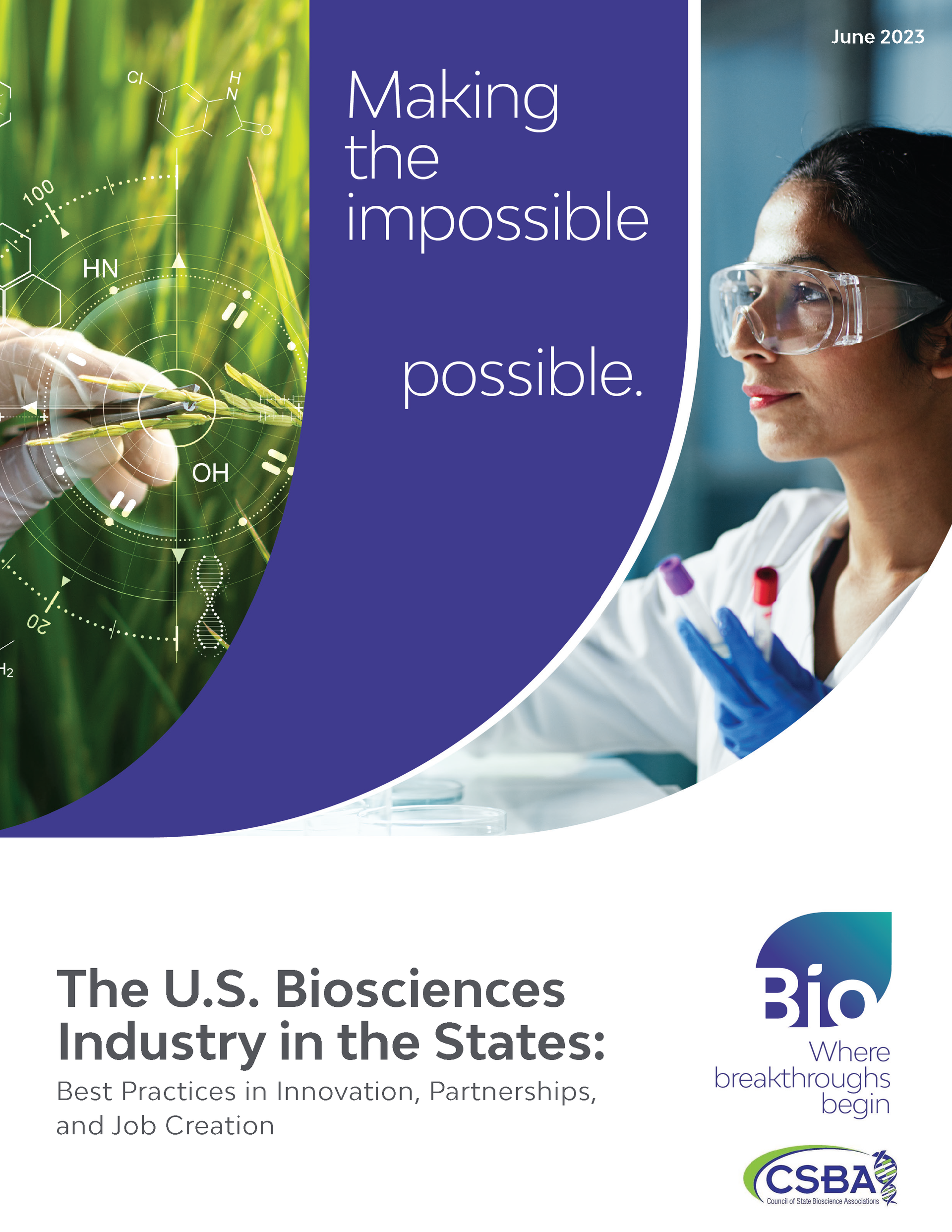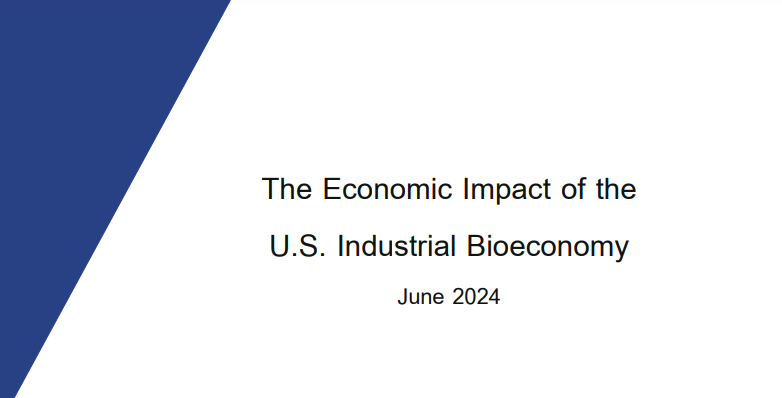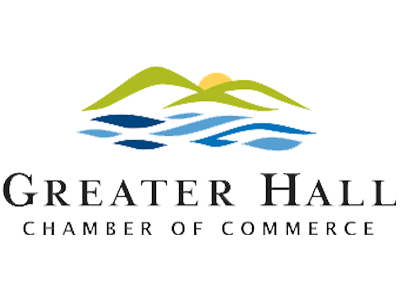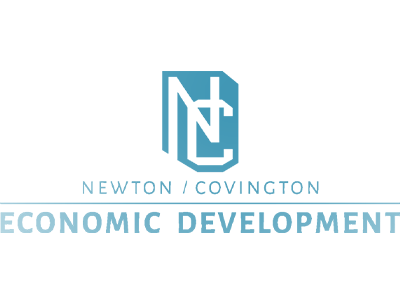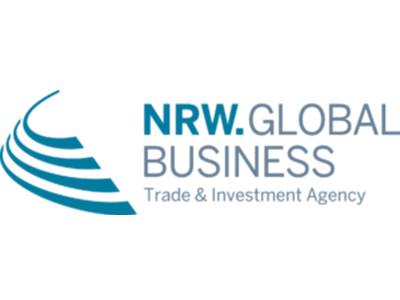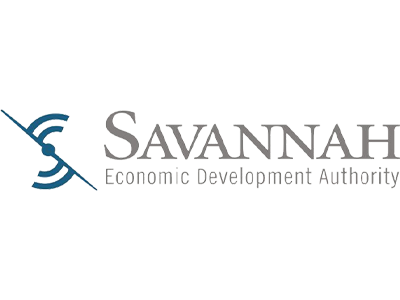Economic Development
Providing expert advice and guidance to help companies find suitable locations and resources as they move to and grow in Georgia.
BIO Best Practices Report: Catalogs State and Regional Economic Development Initiatives
Every two years, the Biotechnology Innovation Organization (BIO) publishes a biennial BIO Economic Development Best Practices Report that catalogs state and regional economic development initiatives. The best practice examples contained within this report highlight the critical facets that foster high-performing industry and the long-term success it has maintained.
The report reaffirms that successful industry development initiatives are built upon the following four key building blocks for company creation and expansion:
- Access to angel and venture capital
- Workforce development initiatives
- Technology Transfer Systems
- State of the Art facilities
Investments in these 4 areas yield results. The bioscience industry’s total economic impact on the U.S. economy, as measured by overall output, totaled $2 trillion in 2016. This impact is generated by the direct output of the bioscience industry combined with the indirect (supply chain) and induced (employee spending) impacts.
The Economic Impact of the U.S. Industrial Bioeconomy: State and federal figures for economic activity tied industrial bioproducts
Biomanufacturing advocates released a new report that provides a closer look at the employment, wages, and economic activity driven by the U.S. industrial bioeconomy. Authored by TEConomy Partners, the report, “The Economic Impact of the U.S. Industrial Bioeconomy,” illuminates an increasingly important segment of the U.S. economy associated with biomanufacturing and bioproducts (those other than food, beverages, and pharmaceuticals).
Included in the report are state and federal figures for economic activity tied to the transformation of renewable biomass into fertilizers, bioplastics, biofuels, bio-lubricants, and a host of other industrial bioproducts, as well as the research and development of microbes, enzymes, biocatalysts, and other technologies used in modern biomanufacturing.
Funding Opportunities

Georgia CTSA
The Georgia CTSA supports translational and clinical research across our member institutions. As part of this effort, our Collaboration & Multidisciplinary Team Science (CMDTS) program focuses on promoting collaboration and team science among investigators at all four institutions and ultimately across other CTSAs. In an effort to foster this mission, we have compiled opportunities currently available to researchers across Georgia that support clinically-related research.

Women's Venture Competition
The annual AIM-HI Women’s Venture Competition provides critical early-stage funding for women entrepreneurs in oncology. The winning company is eligible to receive up to a $1 million equity investment from AIM-HI and co-investors, subject to due diligence, to fund pre-clinical investigations. Ultimately, this financing helps to bring next-generation therapeutics, diagnostics, and prevention technologies to patients.
Federal
Centers for Disease Control and Prevention
The Centers for Disease Control and Prevention (CDC) provides funding to support public health research, disease prevention, and health promotion initiatives. The CDC funds a wide range of programs aimed at advancing medical research, improving healthcare delivery, and preventing the spread of infectious diseases. Through its various grant programs, the CDC encourages innovation in health technology, epidemiology, and biotechnologies that address both domestic and global health challenges.
Department of Defense (DOD)
The Department of Defense (DOD) provides funding opportunities to support research and development in fields related to national security, defense technologies, and advanced manufacturing. Through various programs like the Defense Advanced Research Projects Agency (DARPA) and the Congressionally Directed Medical Research Programs (CDMRP), the DOD funds cutting-edge research in biomedical technologies, healthcare, and life sciences. These initiatives aim to develop solutions that enhance the capabilities of the military and improve public health, with opportunities for private industry and academic institutions to collaborate on projects that push the boundaries of innovation.
Department of Energy
The U.S. Department of Energy (DOE) offers funding to support research and development in energy technologies, sustainable manufacturing, and advanced materials. DOE’s programs, such as the Office of Energy Efficiency and Renewable Energy (EERE), provide grants to foster innovation in energy production, efficiency, and storage, with a focus on technologies that can reduce environmental impact and promote economic growth. These initiatives often intersect with life sciences, supporting research in areas like bioenergy, clean technologies, and environmental sustainability.
Department of Labor
The U.S. Department of Labor (DOL) offers a variety of funding opportunities aimed at strengthening the workforce and supporting economic growth. Through programs like the Workforce Innovation and Opportunity Act (WIOA), the DOL provides grants to enhance workforce training, improve employment opportunities, and address skills gaps in industries including healthcare, biotechnology, and life sciences. These funds support initiatives that provide job training, apprenticeship programs, and other workforce development efforts designed to meet the evolving needs of the American economy.
Economic Development Administration
The Economic Development Administration (EDA), part of the U.S. Department of Commerce, provides funding to support economic development and job creation across the country. EDA focuses on enhancing regional innovation, improving infrastructure, and promoting sustainable economic growth. Its grants and programs are designed to help communities build capacity for new industries, including life sciences and technology sectors, and support workforce development. By fostering collaboration between local governments, businesses, and nonprofits, EDA helps drive regional economic recovery and resiliency.

